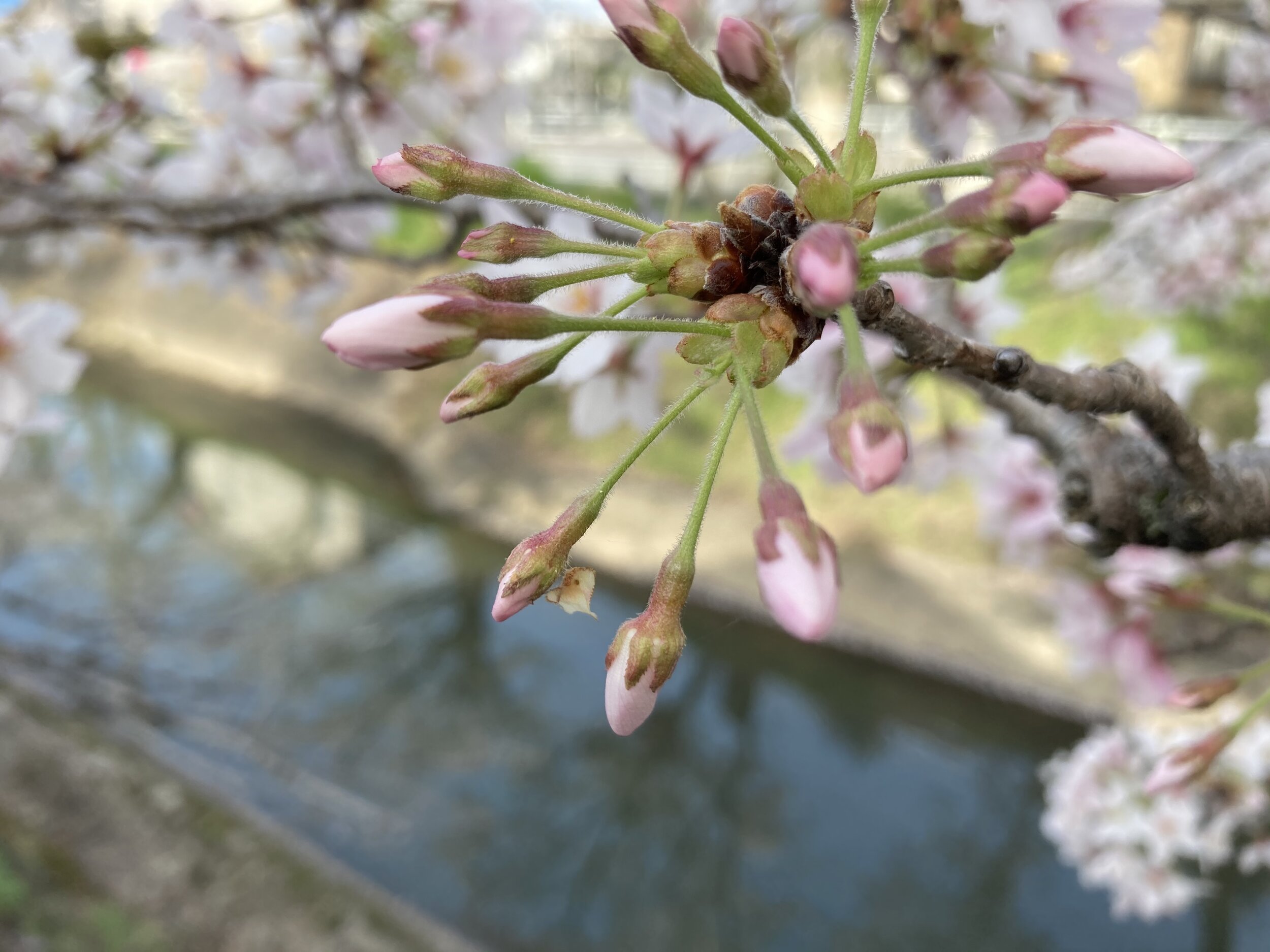In winter, local hunters are allowed to go hunting for wild boars in Gujo City, Oku-Mino, the deep-northern mountain region of Gifu Prefecture. Wild boar meat is tough, fatty, and tasty, but it is surprisingly not greasy compared to pork belly meat. The meat is thinly sliced and sold at specialty game butchers in Gujo-Hachiman. The town has been renowned for its Gujo-Odori, Bon dancing during the summer months for over 400 years. They make nice miso called Gujo-Miso that matches nicely with wild boar hotpot cooking.
Lot’s of Negi (green onions) are used in winter hotpot cooking as they are in season in winter and softer and sweeter as compared to summer green onions. They prevent influenza, help you recover from fatigue, and also have a sterilizing effect.
Ingredients: Serves 4
600g thinly sliced wild boar meat (thinly sliced pork belly meat or duck breast fillet can be substituted)
200g daikon, white radish (peeled and cut into 5mm medallions and cut in half, or cut into hegigiri pieces as shown in Shuji’s Shishi-Nabe, Hotpot Cooking in snow.
200g Negi (leeks can be substituted)
200g gobo (burdock root) if available. Wash the burdock to remove the dirt and shred it with a peeler.
1 packet of tofu (cut into large cubes)
4 shiitake mushrooms (stems removed)
100g shimeji mushrooms (stems removed)
Yuzu-shichimi (seven spices with dried Yuzu) as needed, or chilli powder
To make the broth, 2 litres water, 20g kombu, 50ml sake, 20g sake-kasu (sake lees),
80g Gujo-miso or as needed (If Gujo-miso is not available, you can use regular miso.),
50ml sake
Method:
Reheat the miso-based broth to a boil in a clay pot.
Cook the wild boar meat, vegetables, tofu, and mushrooms and eat with the broth and Zuzu-seven spices if you like.
A warm sake would be a perfect pairing on a snowy evening.

